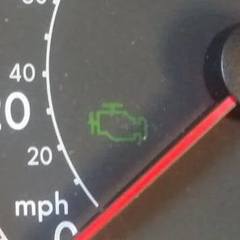Yuzu to pay $2.4 Million Dollars in Damage to Nintendo. Citra also affected. Asks Judge to set Legal Precedent against other Emulators.
-
Featured Topics
-
Topics
-
0
-
2
-
joe_ollie909 ·
Posted in CPUs, Motherboards, and Memory7 -
DreamCat04 ·
Posted in PC Gaming0 -
saltycaramel ·
Posted in Tech News2 -
4
-
1
-
1
-
1
-
VinSen ·
Posted in New Builds and Planning4
-
















Create an account or sign in to comment
You need to be a member in order to leave a comment
Create an account
Sign up for a new account in our community. It's easy!
Register a new accountSign in
Already have an account? Sign in here.
Sign In Now